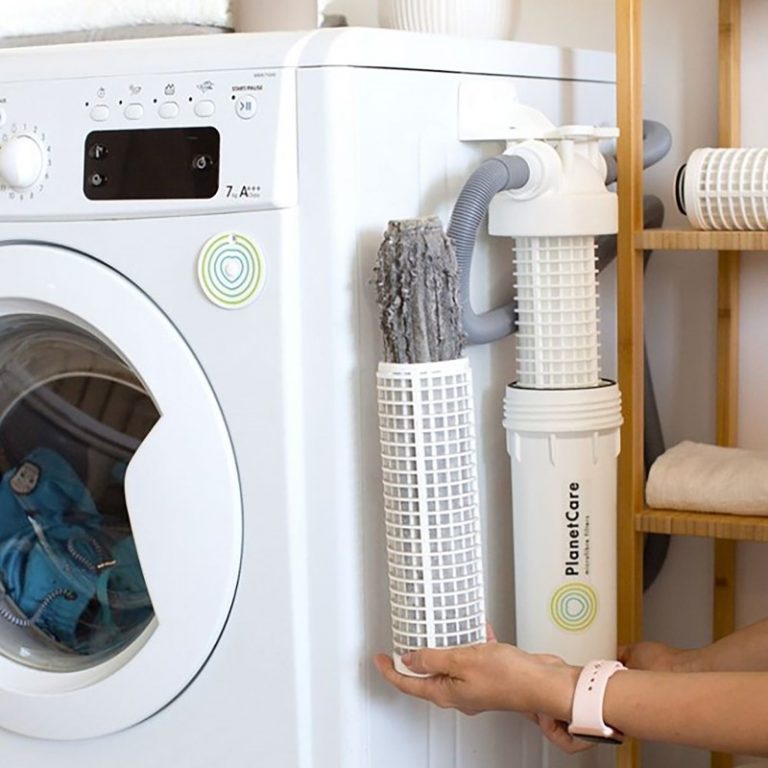
Social justice isn’t just about rallies or sharing posts online. The money choices you make each day can lift communities and spark real progress. Andrea Longton, a respected voice in ethical finance, shows how everyday actions can nudge society towards fairness. Here’s how you can use your wallet to build a better world for everyone.
The Social Justice Investor is a good book, if you invest your savings in banks or on the stock market. There is always a risk, but if you go down this route, use these decisions , to wisely invest for a better future for all. Changing the world, often starts with where you decide to put your money.
Bank with Purpose
Where you keep your money matters. Many large banks invest in industries that don’t line up with social justice values. Look for banks or credit unions that invest in local businesses, clean energy or affordable housing.
Credit unions are more likely to support under-served areas, helping to rebalance opportunities. Andrea Longton recommends checking how your bank’s actions align with your values, not just their words.
Consider switching to Triodos bank, which offers current accounts.
Choose Ethical Investments
Your pension or shares can fuel positive change. Pick investment funds that screen for things like fair labour, environmental protection or diverse leadership. These investment choices push companies to treat people fairly and respect rights.
Ethical investing doesn’t just avoid harm, it can reward firms who do good. Resources like socially responsible investment funds or impact funds make it easier to see your money’s effects. Consider switching savings to Charity Bank or Ecology Building Society.
Ethical Investors can makeover your portfolio and has given over £600,000 to good causes, via its own ethical screening criteria. It can also advise on pensions and hand you over to discretionary managers to tailor bespoke investment portfolios.
US Vegan Climate ETF tracks Beyond Investing US vegan climate index, which does not invest in anything that harms animals, humans or the planet or humans. It’s listed on Cboe BZX Exchange (under ticker VEGN). Plant-based companies can visit Veg Capital.
Support Fair Pay and Worker Rights
Before spending, check if brands pay fair wages or offer safe working conditions. There are guides and organisations that rate companies for their treatment of workers across supply chains.
Buying from brands that honour worker rights helps shift business culture. When enough people demand fair pay, even large companies start to listen.
Shop Local for Local Economies
When you buy from local indie shops, your money goes directly to people who often face barriers in the market. This supports jobs and keeps profits in the community.
Even small purchases can help close income gaps and support families. Look for directories or apps that highlight these businesses, making it easy to shop with purpose.
Fund Access and Inclusion
Microloans, community funds and crowd-funding projects can all help people get started with small businesses, education or housing. By supporting these tools, you help remove barriers that keep some groups from getting ahead.
You can regularly find stories of people, whose lives changed, because others backed their efforts.
Ask Questions and Stay Informed
Even small questions about a product’s origin or a fund’s investments send signals to companies and banks. Keep learning and speaking up.
Look for news from unions, watchdog groups, and journalists who track financial justice issues. Staying informed makes you a smarter shopper and investor, able to spot when something doesn’t add up.
Join Groups that Push for Change
There are many groups that make it easy to add your voice or money to bigger campaigns. Unions, credit union boards, and campaign groups work together for social and financial fairness.
Joining forces often brings better results than acting alone. These collectives help to push for better laws and company rules.
Make Giving Part of Your Budget
Andrea Longton often stresses that direct giving is still the fastest way to help. Even a small weekly donation to a charity, food bank or mutual aid group can fill gaps that systems miss.
When enough people give, it keeps neighbours safe and helps communities bounce back in hard times.






